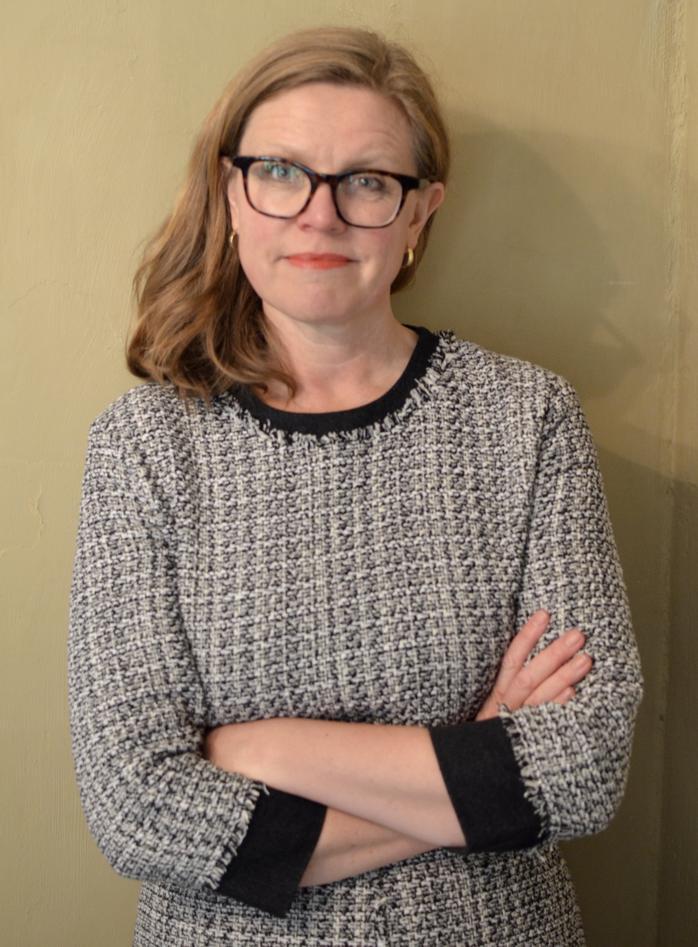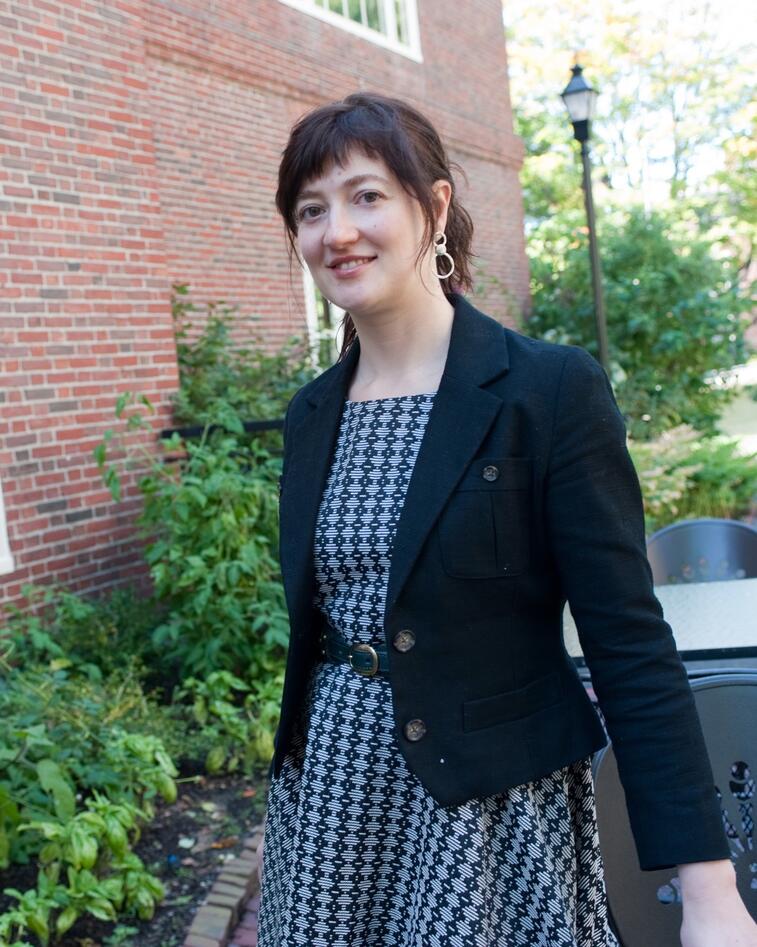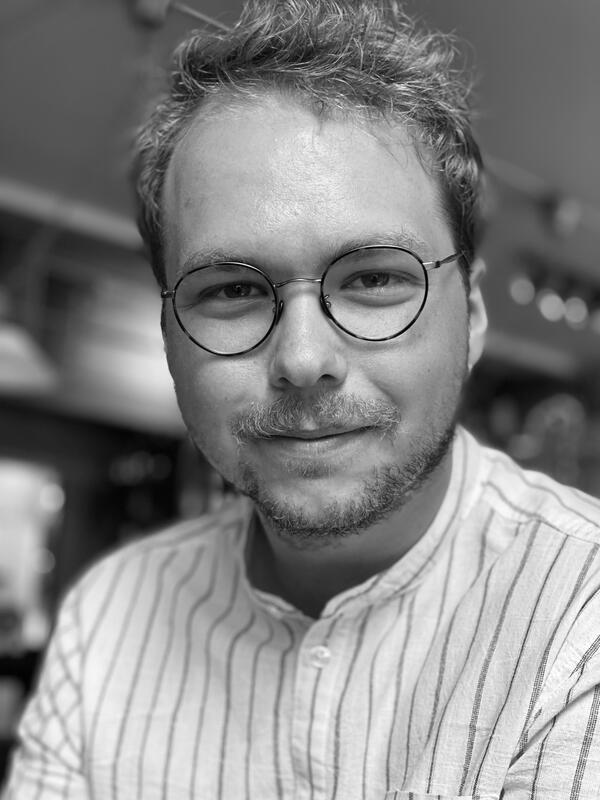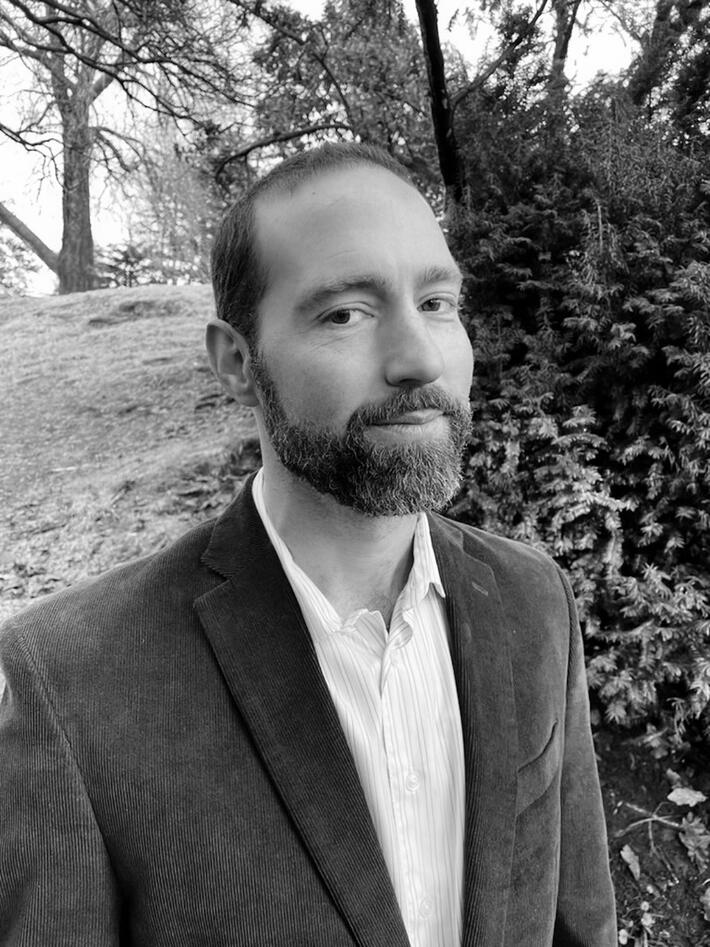Researchers
The following is a list of core researchers and affiliated researchers to the project.
Main content
Annelin Eriksen
Annelin Eriksen is Professor of Anthropology at the University of Bergen. Eriksen received, with her husband Knut M. Rio, The HumSam prize for outstanding research in the humanities and social sciences (Fylkesakerprisen) from the Norwegian Academy of Science and Letters in 2017.
She has worked ethnographically in Vanuatu, in the South West Pacific, since 1995 and published extensively on global religious movements. Her main research interests are gender, social and cultural change, future, cosmology and religion. Since 2019 she has worked ethnographically on transhumanism and immortality movements in the US.
Eriksen has led a project funded by Research Council of Norway on Gender and Pentecostalism with a regional focus on Melanesia (Vanuatu and Papua New Guinea) and Africa (2013-2017) and is currently the PI on a Research Council of Norway project called Technoscientific Immortality: a study of Human Futures. Eriksen has published a monograph from Vanuatu Gender, Christianity and Change (Routledge, 2008) and a co-authored monograph on Pentecostalism, called Going to Pentecost (Berghahn Books, 2019), with Ruy Llera Blanes and Michelle MacCarthy.
Anya Bernstein
Anya Bernstein is Professor of Anthropology at Harvard University. Her first book, Religious Bodies Politic: Rituals of Sovereignty in Buryat Buddhism (University of Chicago Press, 2013), was the winner of the Award for Excellence in the Study of Religion, from the American Academy of Religion, and an Honorable Mention for the Davis Center Book Prize in Political and Social Studies, from the Association for Slavic, East European, and Eurasian Studies (2014). Her second book, The Future of Immortality: Remaking Life and Death in Contemporary Russia (Princeton University Press, 2019), explored the interplay between ideas about immortality and life-extension industries across the Soviet Union and postsocialist Russia, drawing on archival and ethnographic methods to investigate these technoscientific and religious futurisms. This book received the 2020 William A. Douglass Prize in Europeanist Anthropology, from the Society for the Anthropology of Europe, American Anthropological Association.
Her current book project, tentatively titled Pleistocene Park: Extinction and Eternity in the Russian Arctic, extends her previous work on technoscience and future scenarios in Russia to issues of climate change and geoengineering, by chronicling the efforts of a transnational team of scientists to “resurrect” an extinct ecosystem in Arctic Siberia. As a visual anthropologist Bernstein has directed, filmed, and produced several award-winning documentary films on Buryat Buddhism and shamanism, including Join Me in Shambhala (2002) and In Pursuit of the Siberian Shaman (2006).
Fartein Hauan Nilsen
Fartein, a PhD Candidate at the Department of Social Anthropology at the University of Bergen, holds a Master's degree in Social Anthropology from the same institution. He has previously conducted ethnographic research in Iceland, studying neopaganism. In his master's dissertation, titled "A New Age for Old Gods: An Ethnographic Study of Ásatrúarfélagið in Iceland," he explored the impact of modernity and technological advancements on religious revivalism, particularly pagan revivalism, in Iceland and the broader Euro-American context. Fartein's research interests span a wide range, including the Anthropology of Technology, the Anthropology of Religion, Posthumanism, Transhumanism, digital technologies, Artificial Intelligence, New Religious Movements, and Science and Religion, which together inform his distinct perspective on the evolving relationship between technology and human culture.
As part of his PhD studies, Fartein will be working on the third case study, examining the cultural and social significance of digital companions and digital afterlife technologies in the US. The project, now titled "Kinning with conversation: An ethnography of virtual humans and companion AI in the US," will employ both digital and physical ethnographic fieldwork to investigate interactions with virtual companions, posthumous digital avatars, and virtual humans. This research aims to understand how these advanced technologies influence concepts of personhood, kinship, and life after death, reflecting a broader theoretical commitment to anthropological theories on kinship and technology.
William Dawley
William Dawley is a postdoctoral researcher working on the Technoscientific Immortality project, where his role is to research cryonics in the US and better understand the transhumanists associated with it, especially their view of humanity's place in history and the future. He brings to the project his research interests in processes of sociocultural change and political-economic change and of the role of technology in these changes (especially biomedicine and new social-organizational technologies), and in how these changes interact with constructions of family and gender (especially masculinities), and in a multidisciplinary, historical approach to the study of religion, spirituality, and secularism.
His earlier research projects focused on how both religious and AA-style therapeutic movements in Latin America adopted a similar strategy to addressing the social dislocations and cultural transformations associated with the rapid restructuring of both the political economy and the family—in particular, the way both movements focus their efforts on redefining masculinity, reforming male behavior, and finding new, egalitarian places for men in the family and at work. He spent 22 months from 2003 to 2013 exploring this issue alongside three churches and three men's support groups, located in a rapidly urbanizing rural region of northern Costa Rica, under the guidance of his dissertation advisors, Joel Robbins (Cambridge, formerly University of California, San Diego). The special issue he co-edited with Brendan Jamal Thornton in Anthropological Quarterly 91(1) explores how religion and emergent masculinities respond to different kinds of social change across the globe, and his two essays currently in progress discuss the ways innovative social formations produce new identities and new social movement possibilities (such as the use of support group "technologies" in left-wing political organizing.
Will brings to the study of cryonics and other technoscientific projects of immortality his research interests in future-making and in contests by social movements and institutions over what the future should look like, in terms of technology and the body, of religion, spirituality, and secularism, of gender, and of the shape of the family, social organization, and the political economy.



